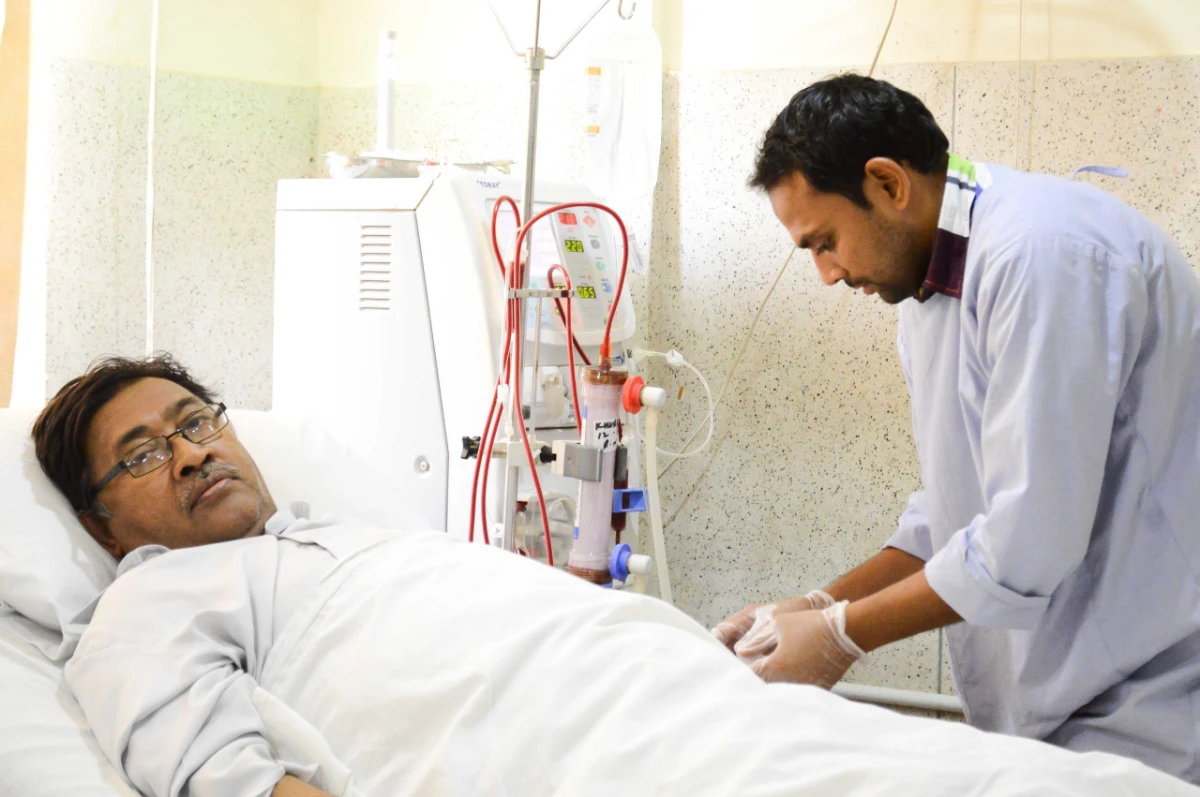Introduction
Kidney disease is a chronic illness that affects millions of people around the world. Pakistan is no exception, and its citizens are facing significant challenges when it comes to kidney disease. The struggle for kidney patients in Pakistan is a serious issue that deserves attention and action from the government and society at large.
Kidney disease is a serious problem that affects many people all over the world. If someone’s kidneys stop working properly, they may need dialysis to help get rid of extra fluid and waste from their body. Even though dialysis can help people stay alive, it can be really tough and take a lot of energy and strength. In this blog, we’ll talk about some of the hard things that people with kidney disease have to go through when they have dialysis.
Awareness
Kidney disease is a growing problem in Pakistan, with estimates suggesting that over 20 million people are affected by the illness. Unfortunately, many people in Pakistan are unaware of the symptoms of kidney disease, which leads to late diagnosis and poor outcomes. Late diagnosis and poor access to healthcare facilities also contribute to the high mortality rates associated with kidney disease in Pakistan.
Cost
Kidney disease is an expensive illness to manage, and many people in Pakistan cannot afford the necessary medications, dialysis, or kidney transplants. Moreover, the majority of healthcare facilities in Pakistan are located in urban areas, which makes it difficult for people living in rural areas to access healthcare services. This disparity in healthcare access is a significant issue for kidney patients in Pakistan, who may have to travel long distances to receive treatment.
Routine blood tests
The lack of routine blood checkups in Pakistan is a multifaceted issue that requires attention from both the government and the public. Some people may not have access to affordable healthcare services, while others may not prioritize their health due to cultural beliefs or misconceptions about the importance of preventive care. Additionally, there may be a lack of education and awareness about the early warning signs of kidney disease and the importance of detecting it early. To address this issue, healthcare providers and organizations can implement awareness campaigns and outreach programs to educate the public about the importance of routine checkups and kidney health. The government can also invest in improving access to affordable healthcare services, particularly in rural areas where healthcare resources may be limited. By prioritizing kidney health and preventive care, individuals in Pakistan can improve their overall health and well-being and reduce the burden of kidney disease on the healthcare system.
Kidney Donor
Another significant challenge for kidney patients in Pakistan is the shortage of kidney donors. Many people in Pakistan are not aware of the importance of organ donation, and cultural and religious beliefs can also create barriers to donation. This shortage of donors makes it difficult for kidney patients to receive a kidney transplant, which is often the best treatment option for end-stage kidney disease.
Conclusion
The struggle for kidney patients in Pakistan is a complex issue that requires a comprehensive and multi-faceted approach. The government needs to prioritize the development of healthcare facilities in rural areas and increase access to affordable treatment options for kidney patients. Additionally, awareness campaigns about the importance of organ donation can help alleviate the shortage of donors in Pakistan. Finally, the stigma associated with kidney disease must be addressed, and support services for patients and their families must be improved. By addressing these challenges, we can improve the lives of kidney patients in Pakistan and work towards a healthier, more equitable society.
